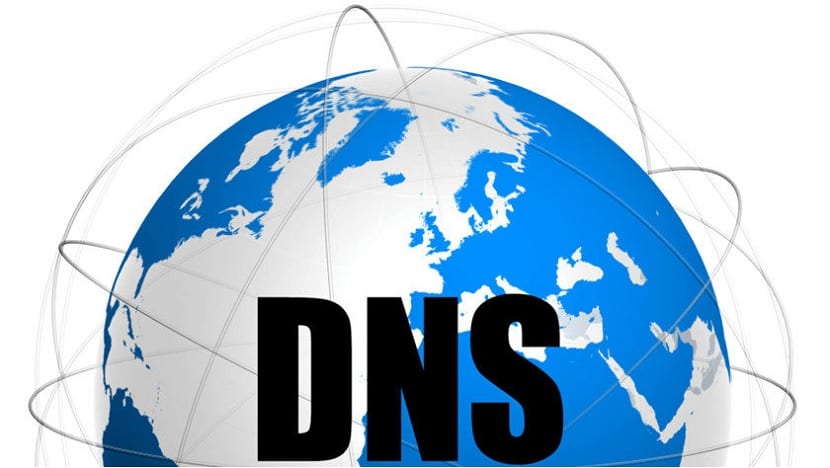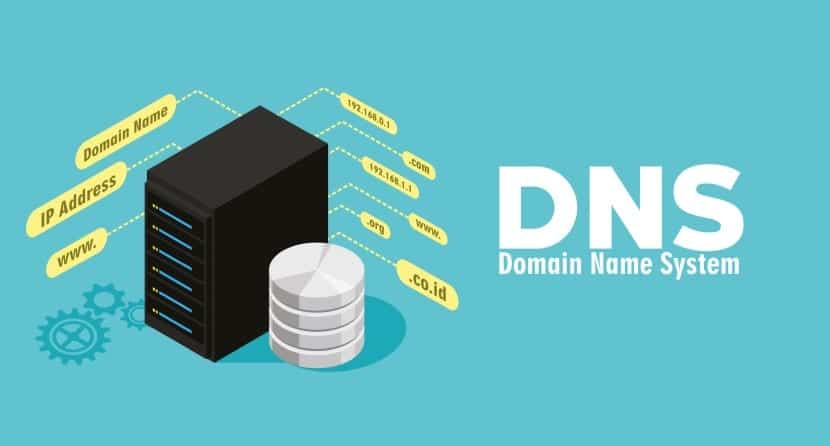
It is possible that on some occasion you have heard talk about free and open access DNS servers. Although surely there are many other users who do not know what they are. Next we are going to explain everything about them, so that you are clear about what they are and their usefulness. In addition to some of the risks that we find in them today.
All this information will be useful to have a very clear idea of these free DNS servers. Especially the security and privacy section it is an aspect that generates concern today. So we also pay attention to it.
What are DNS servers

DNS servers are an essential technology when browsing the Internet. As a general rule, they are configured by default in our routers, which the operators provide us. Therefore, when we enter any website, these are DNS which is responsible for translating said web address into an IP address. In this way, your computer will know perfectly which server it has to connect to. This way you will access said content.
Although users have the possibility to use other different DNS servers, not just the one that comes by default in your router. This is something that in many cases allows access to content that is blocked in your country. A similar function to the one we have when using a VPN. The number of third-party DNS has increased dramatically over time, as well as the risks and doubts about them among users.
Below we will tell you more about this aspect.
Security and privacy

VPNs have been crowned as a very popular option among users, since it allows them to navigate in a private way with great comfort. But in the case of DNS servers, we have no such privacy or security. Since they are not responsible for encrypting or hiding your IP address when you browse. So your information is visible at all times.
This allows operators and companies whose DNS you have connected to, they will have information about you. DNS stands out for favoring connection speed, something positive without a doubt, but in return your privacy is affected in some way. What data can DNS server owners obtain about us?
The data in this sense are varied, but there are always some that are repeated. They can know the IP address of your computer, obtain a history of the pages you access through its service, in addition, the pages will identify you when you access it. So they can have quite a bit of control over your activity in this regard.

It is for this reason that many users take the decision to use third-party DNS servers. In fact, we can see how many companies currently offer their own free DNS services. Google is one of them, although there are many more, like Norton. Although in many cases, these free DNS servers store the user's IP address temporarily (between 24 and 48 hours normally).
They are an option that has been gaining popularity worldwide, and they seem a somewhat better option than the DNS of the operators. Since in many cases, they give us something more protection in terms of the processing of personal data. Many are in fact advertised as privacy-enhancing options for users. But it is not something that can be proven 100%. What they do allow is access in many cases to content blocked in our country.